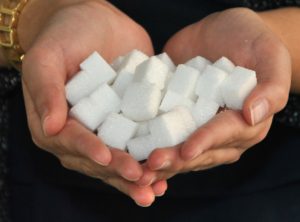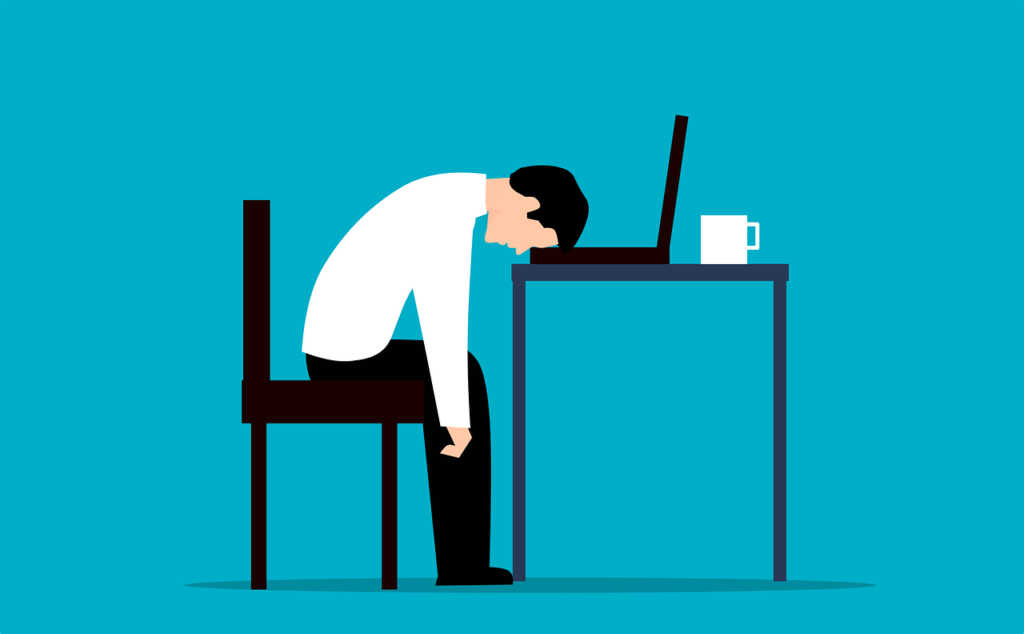
Do you ever walk into your kitchen and forget what you walked in there to find? Maybe you’ve tried to look for your keys or a pair of scissors in the refrigerator a time or two. Or you’ve pulled the classic I’m-Looking-at-my-10-Year-Old-Grandchild-and-I-Honestly-Can’t-Remember-this-Kid’s-Name-Right-Now.
Oh, the Senior Moment. At best, it’s just one of the side effects of aging that makes for a good joke every now and again (and makes setting your glasses down for a minute somewhat risky). At worst, it’s a symptom of aging that some genuinely worry is a flag for more serious memory loss.
If you’re one of the latter, you can rest easy. Medical research shows simply being aware of your own memory lapses is an indicator of NOT developing a serious memory-related disease.
Even still, looking for the remote control you just had in your hand shouldn’t be like hunting for the Chupacabra. We’d all like to limit those moments as much as we possibly can.
It turns out the key to ending Senior Moments might have more to do with what we eat than we think.
Starting in our 40s, most of us experience a rise in blood sugar levels due to our bodies metabolizing sugars less efficiently with time. This increase in blood glucose has been linked to age-related impairment in the area of our brains dealing with memory.
Researchers have also found a link between regular physical exercise and an increased ability in older adults to break down glucose that may affect the brain.
The takeaway? The best thing you can do right now to improve your memory and eliminate Senior Moments is to cut down your sugar intake and boost your physical activity. While no one can begrudge you a sweet treat every now and again, it is critical overall that all seniors find sugar-free ways to curb the cravings, and limit the amount of sugar we consume each day.



